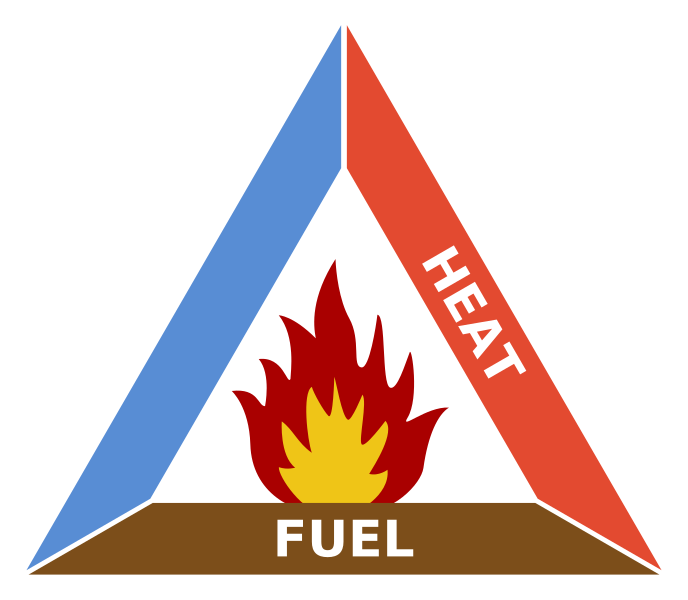 Responding…
Responding…
Few in Australia, or across the globe, were untouched by the bushfires that raged from November till February. So many communities were devastated by the catastrophic conditions. Our hearts and support went out to those who lost loved ones, homes and animals. Many prepared to evacuate and stayed up all night watching for ember storms. Week-after-week, month-after-month, the tragedy continued.
Now, with the beginning of the Royal Commission hearings into the “Black Summer Bushfires,” it’s a good time to offer an educational response. Thanks go to a year 5/6 teacher in Victoria who suggested this topic as a way to explore “science as a human endeavour.” (Note: if you would like to similarly suggest a topic, please use the form. I’m keen to respond to what people need.)
Overview of the Bushfire QuickQuest
Education is one good way for people to process and understand catastrophic and traumatic events. This is especially true of children and young adults. Also, sometimes knowing information or solutions is a comfort and highlights strategies for the future that contribute to a sense of personal power. Moving towards these ends is the goal of this QuickQuest on Bushfires and Technology. Below is a short video introduction of the QuickQuest.
DIY or TpT
As I’ve come to do, because I want to support education, teachers and students (as I have since the first WebQuests in the 1990s), but I’m also developing curriculum as part of my consultancy, to further both of these goals, with each QuickQuest I provide a hotlist of the resources used in the activities. This way if you want to take the Do It Yourself” approach, explore the links below and create your own activities. If you’re happy to save time, use my approaches focused on “real, rich and relevant” learning, then the QuickQuest is available through TeachersPayTeachers at minimal cost.

Hotlist of Resources
- Flashback: Black Saturday, video from the ABC
- Bushfire – Black Saturday, article from the Australian Institute for Disaster Resilience
- The Fire Triangle, Wikipedia entry
- Why Fires Burn, article from The Australian Academy of Sciences
- Wildfires 101, video from National Geographic
- Firefighter’s Progress (1936), video archive from British Pathé
- We Work as One, video from VicEmergency
- Fire Department History: Evolution of Firefighting, video from That Was History
- Bushfires in Australia: What ignited the deadly crisis, video from Global News
- Black Summer Interactive Phototour, from the ABC
- Spark: A better way to predict the spread of bushfires, video from CSIRO
- Spark: Predicting bushfire spread, introductory page
- About The Spark toolkit, detailed information
- Spark of hope in Australia’s bushfire crisis, article
- SPARK Gallery – a series of short videos and screenshots of SPARK
- Large-scale fire predictions with Spark
- Science, Fire and People in Fish River Station, Australia, video from The Nature Conservancy
- What is cultural burning? Post from Firesticks.org
- Traditional burning brings many benefits, video from the CFA (Country Fire Authority)
- Djandak Wi – Traditional Burning Returns, video from Department of Environment, Land, Water & Planning Victoria
- Indigenous fire methods protect land before and after the Tathra bushfire, video from The ABC Australia (land management)
- Right fire for right future: how cultural burning can protect Australia from catastrophic blazes, article from The Guardian
- Indigenous fire practices have been used to quell bushfires for thousands of years, experts say, article from The ABC
Credits:
- The Fire Triangle graphic from Wikimedia Commons
- The Fire Triangle article from Wikipedia
Thanks
I’m always interested in hearing back from people, whether that’s through comments on this post, via Twitter (@NextEraEd) or privately using the contact form. Let’s not get overwhelmed with outcomes, standards and subject content to the point where we neglect helping students learn to learn and reflect on their cognitive development and joy in learning!
